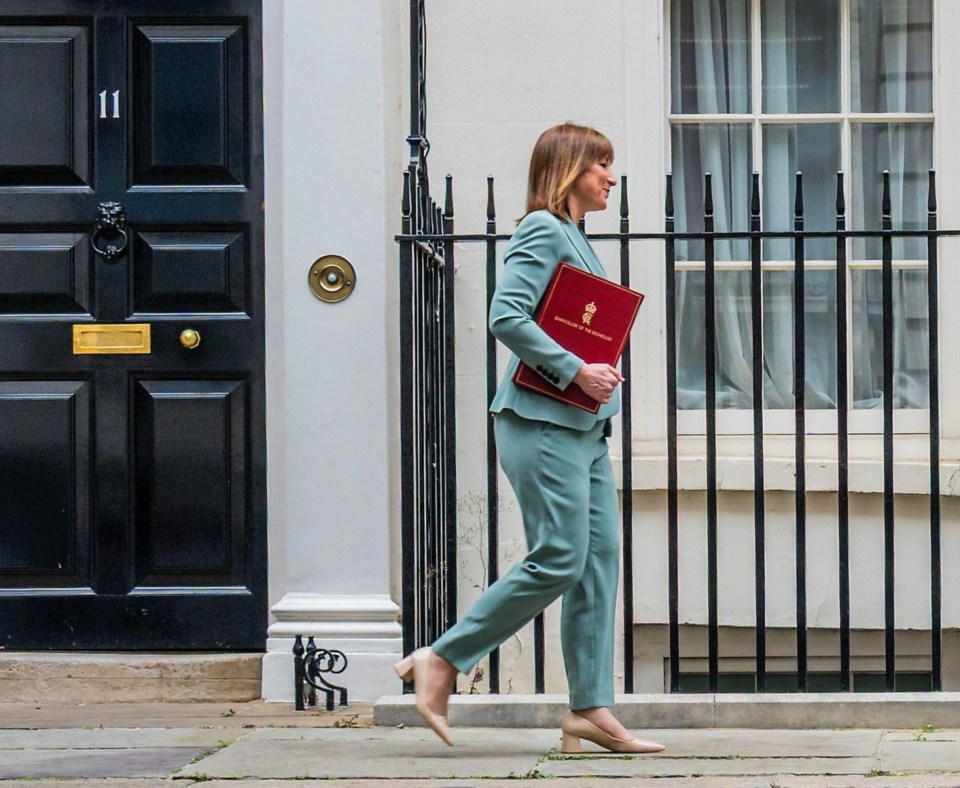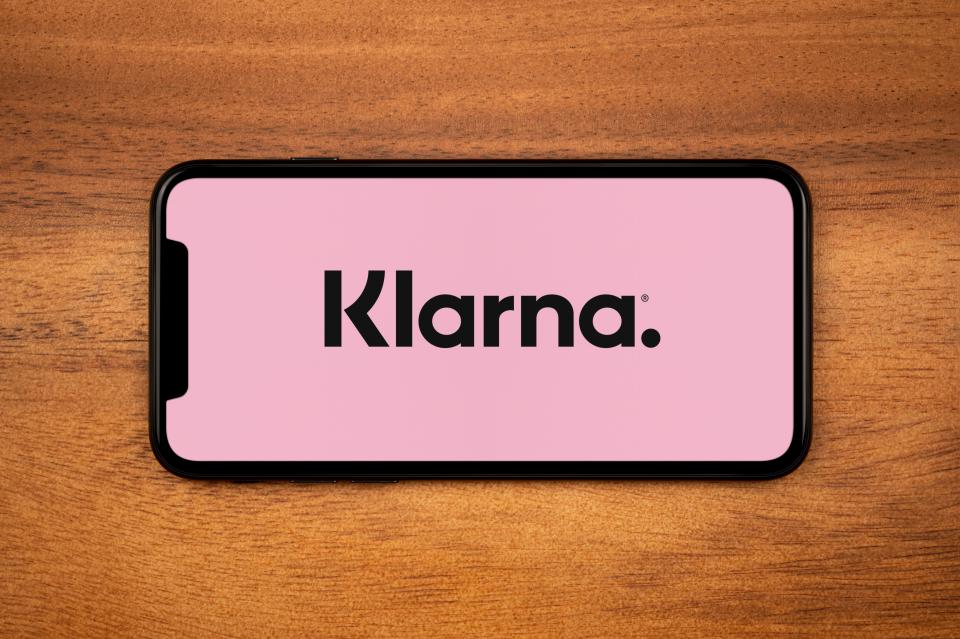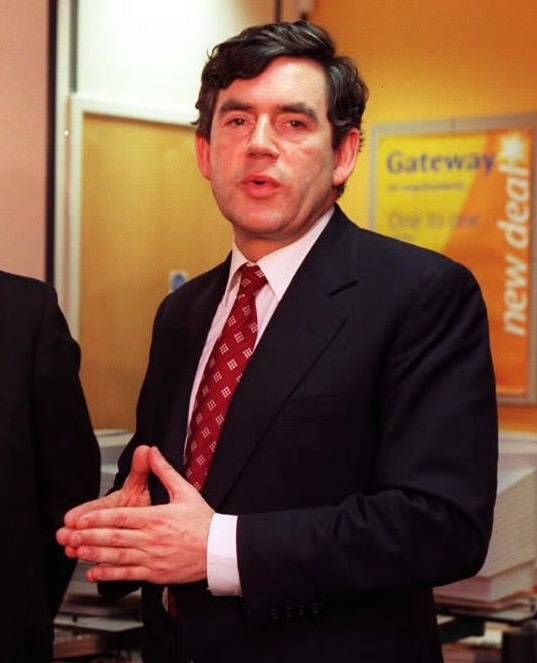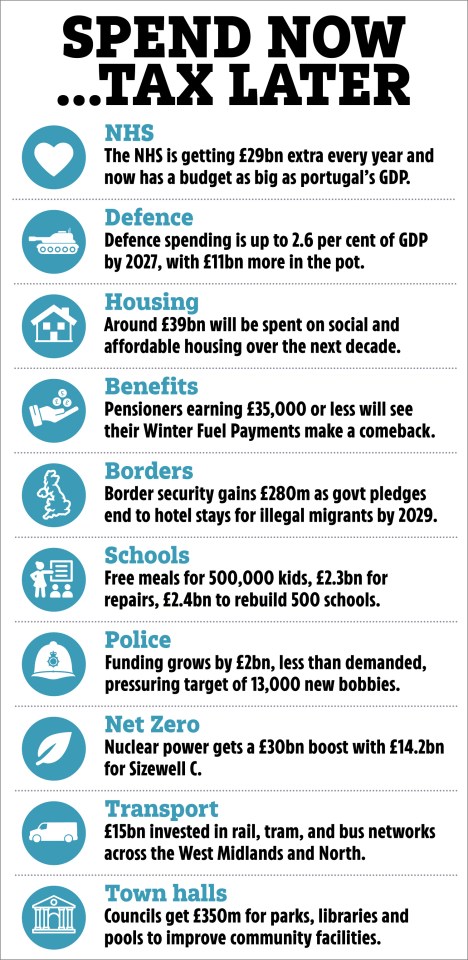GOODBYE the Iron Chancellor, hello the Klarna Chancellor.
Rachel Reeves’ spending splurge yesterday may have some eye-catching purchases. But it’s buy now, pay later as Labour racked up the debt even further.
You could hear Nigel Farage breathing down the neck of her Spending Review that saw the Treasury shovel billions out of the door on the never never.
Clearly designed to see cranes in the sky and spades in the (electoral battle) ground, Reeves stuck another £113billion on the borrowing tab to try to see off the threat of Reform in the next crucial three years ahead of the election.
There was £39billion for affordable homes and another £14billion for the first nuclear power station to be built in a generation.
The £7billion prison-building project should be welcomed, as long as the judges actually fill them with violent thugs rather than online mums publishing stupid tweets.
READ MORE FROM HARRY COLE
Bribe and cajole
But voters will be wary of the £16billion in transport upgrades outside of the South East — what you might call levelling up — having heard these promises before, only to see them paused, scrapped and delayed again and again.
And let’s hope none of the above projects over-run on their budget — like pretty much every other major government infrastructure initiative has in the past 40 years.
I couldn’t help thinking Reeves’ speech yesterday was the most she had ever sounded like Gordon Brown, torturing a dreary mantra that these were “Labour choices” as she sought to bribe and cajole voters with baubles while the debt clock racked up and up.
But we all know what happened to Brown when the music stopped . . .
While the bond markets were steady last night after Donald Trump struck a trade deal with China, these things can go south very quickly, so it’s far from clear if this spending gamble will pay off for Reeves.
As former Cabinet Secretary Simon Case told The Sun this week: “The nation’s credit card is maxed out.”
He warned: “Just like when you’re at home and you’ve got your credit card or your mortgage, you have to pay for that debt.
“So the debt interest that we’re paying on the nation’s credit card, if you actually put it out like it was a government department, it would be one of the biggest government departments by spending.
“It’s taking up huge amounts of our money.”
The Institute for Fiscal Studies put the extra borrowing Reeves has undertaken since taking over at No11 at £140billion, with more than £105billion of taxpayers’ cash alone this year going on interest payments.
To tackle this, Case directly urged Reeves this week to “put the squeeze” on public spending or face a debt crisis and a lack of confidence in the UK’s financial system with horrific effects.
So were there any cuts, or restraint of any real note yesterday?
Of course there was the obligatory three per cent rise in NHS spending over the next three years as more pound notes poured into that seemingly indeterminable black hole.
While NHS chiefs were crowing yesterday that they had “done well” out of the settlement, they were already pumping out mood music that it might not be enough.
Yet by 2029, the NHS annual budget will be just short of a quarter of a trillion pounds a year at £226billion.
When will it ever be enough?
And where are the promised reforms to the system that would rid us of this endless gimme, gimme, gimme cycle?
Also, £9billon in efficiency savings for the NHS were proposed yesterday, with scarce details on the how, but already experts are pouring cold water on even that small sum being hit.
Labour promised to get a grip on the NHS, and warned that more money would not be the answer.
Another election promise that has turned to dust.
As has Labour’s pledge to end the use of migrant hotels within 12 months of taking power.
That has now been downgraded to “by the end of this Parliament” — at a cost of nearly £5billion until then.
Smoke and mirrors
Even by 2029, the Government will still be spending more than £2billion a year accommodating visitors, just not in hotels.
So behind the smoke and mirrors of Reeves’ speech to MPs, that isn’t really a cut.
And the continued costs of the heaving asylum bill dwarfs any of the departmental savings unveiled yesterday.
Reeves was keen to stress no return to the days of austerity, and her tinkering on Whitehall budgets was about the only part of her speech yesterday that matched her rhetoric.
The £1.5billion to be shaved off total departmental spending in the next three years pales in comparison to her extra spending elsewhere.
Just over £14billion being spent this year, down to £12.6billion in three years’ time.
Hardly putting on the squeeze.
Meanwhile, the UK’s national debt stands at more than 100 per cent of GDP at 2.7trillion . . .
Let’s hope the Chancellor doesn’t need a major rainy day fund anytime soon, or she really will be the new Gordon Brown.
















